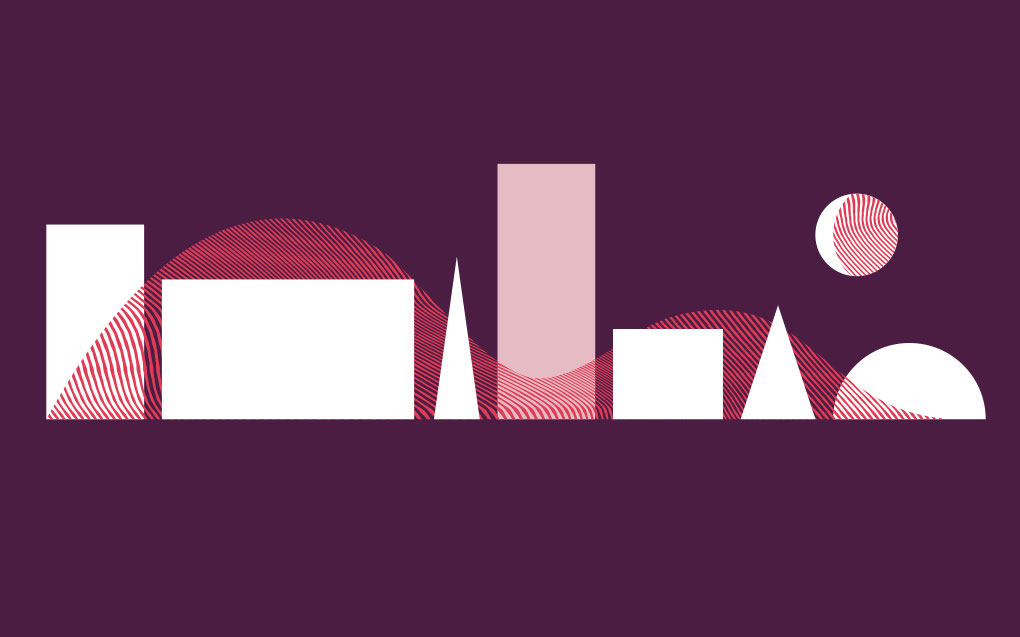Sonic Urbanism
Friday 23 March 2018, 19:00 to 20:30
In English
Free admission

This panel discussion explores how urbanism can be done sonically, and how this method resonates within Beirut. Panelists Nadim Mishlawi, Gascia Ouzounian, and Nathalie Harb will each present provocations based in their own work, followed by a conversation moderated by Howayda Al-Harithy.
Attention is turning more and more to the way cities sound, from experimental music and acoustic engineering to urban anthropology. But can urbanism really be done sonically? Who decides what is wanted and unwanted noise? What can musical practice teach us about how sounds organize social life? In this panel discussion, three thinkers will present ideas bridging sonic and spatial practice, and debate their implications for the politics of urban life.
Nadim Mishlawi is a composer and filmmaker based in Beirut, Lebanon. Over the past 15 years, he has scored various projects ranging from film to art installations. In 2011, Mishlawi was nominated for Best Original Score at the Aubagne International Film Festival for his work on the film “Stray Bullet.” He also intermittently engages in sound art interventions, including his sound installation “On the Periphery: An Offscreen Composition” at Ashkal Alwan's Homeworks III (2004), and “The Dalieh Watch Day” curated by Amanda Abi Khalil of T.A.P. (2017). In 2006, he co-founded the sound studio db STUDIOS. Mishlawi has also published essays for The New Soundtrack journal, and in 2015 was invited, along with sound designer Rana Eid, to lecture at the School of Sound Symposium in London. He made his directorial debut in 2011 with the documentary Sector Zero, winning the first documentary prize at the Dubai International Film Festival in 2011, and the Berlin Art Prize for Film & Media Arts in 2013. Mishlawi currently teaches sound art at the Lebanese Academy of Fine Arts (ALBA).
Gascia Ouzounian is Associate Professor of Music at the University of Oxford. Her writing on sound art and experimental music has appeared in journals of musicology, sound studies, architecture, and philosophy. Her forthcoming book, Stereophonica, examines concepts and technologies of space from the 1850s to the present day. Ouzounian is co-director of the research group Recomposing the City and artistic director of Optophono, a label that publishes interactive music and sound art.
Nathalie Harb is a multi-disciplinary scenographer. Her work spans across urban interventions, film, theatre, interior, and events. It explores the narrative and poetics of the spaces in relation to the subject with a great focus on crossing cultures. Her projects range from ground breaking plays, selective events to bespoke interiors, through various cities across the Middle East, Europe, and Asia. She lives between London and Beirut.
Howayda Al-Harithy is a Professor of Architecture at the American University of Beirut (AUB), where she has been teaching since 1994. Al-Harithy served as the Chair of the Department of Architecture and Design from 2003 to 2006 and from 2009 to 2012. She was a visiting professor at Harvard University in 1994, at MIT in 1993 and in 2000, and at Georgetown University in 2006. Al-Harithy received her bachelor degree in architecture from Oregon School of Design in 1985, masters in architecture from MIT in 1987, and PhD in art history from Harvard University in 1992. Her research on Islamic art and architecture focuses on the Mamluk period. The research engages theoretical models of interpretation, particularly post-structuralist models, as analytic tools of the production of architectural and urban space. In 2001, she published a monograph in the Bibliotheca Islamica series entitled The Waqf Document of Sultan Hasan ibn Muhammad ibn Qalawun.
Theatrum Mundi is an independent research center that seeks to expand the crafts of city-making. We stimulate co-production and exchange between artistic and built environment disciplines in research programs that address issues in the relationship between the design and cultural life of cities. Publications include the book Uncommon Building and the recent report Making Cultural Infrastructure.
Recomposing the City was founded in 2013 in Belfast as a group that brings together sound artists, urbanists, architects, and city planners in examining sound in relation to the urban environment. We host exhibitions, workshops, symposia, concerts, and seminars. Publications include the illustrated texts Soundspace: A Manifesto and The Sound-Considered City: A Guide for Decision-Makers.
